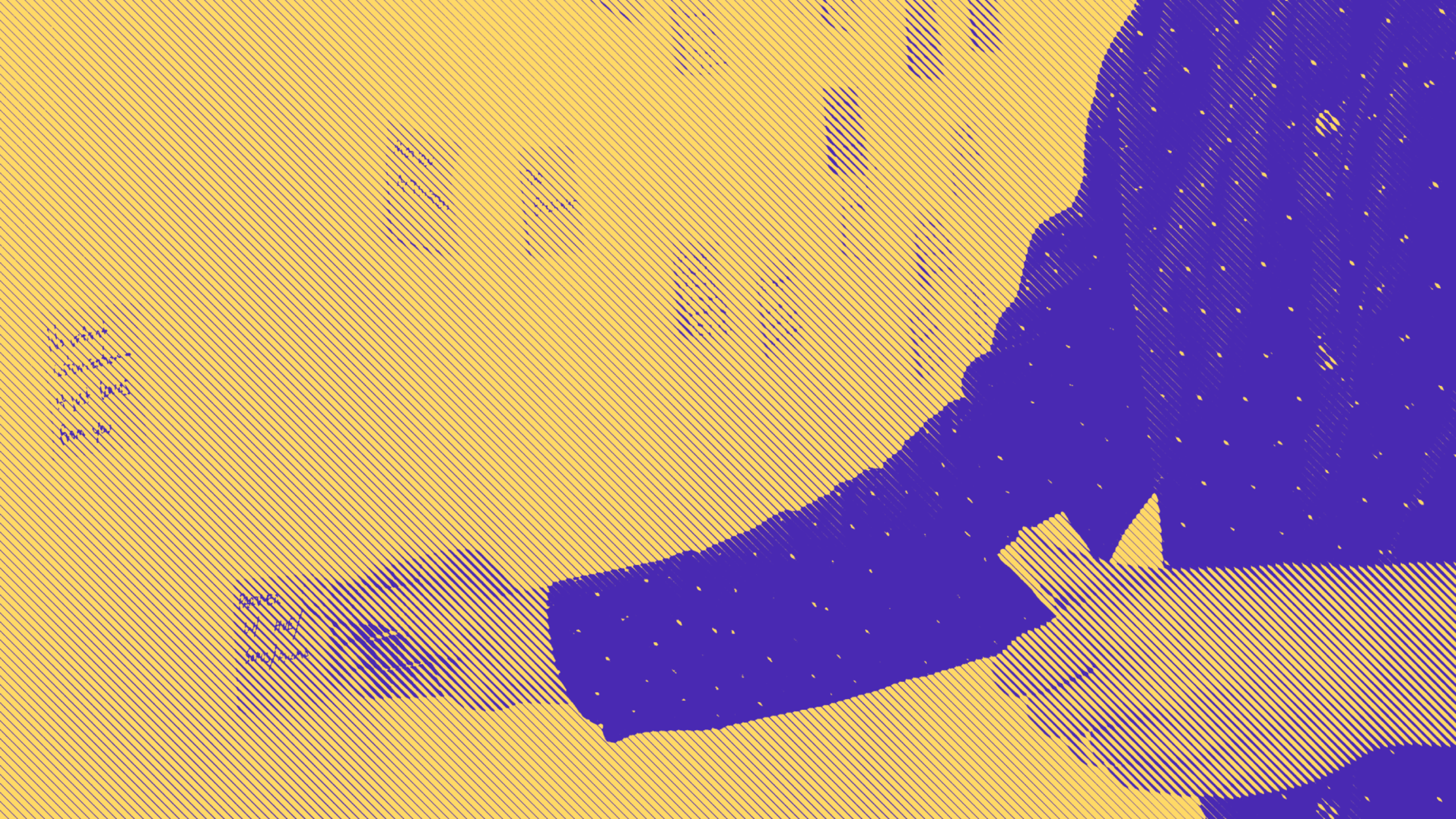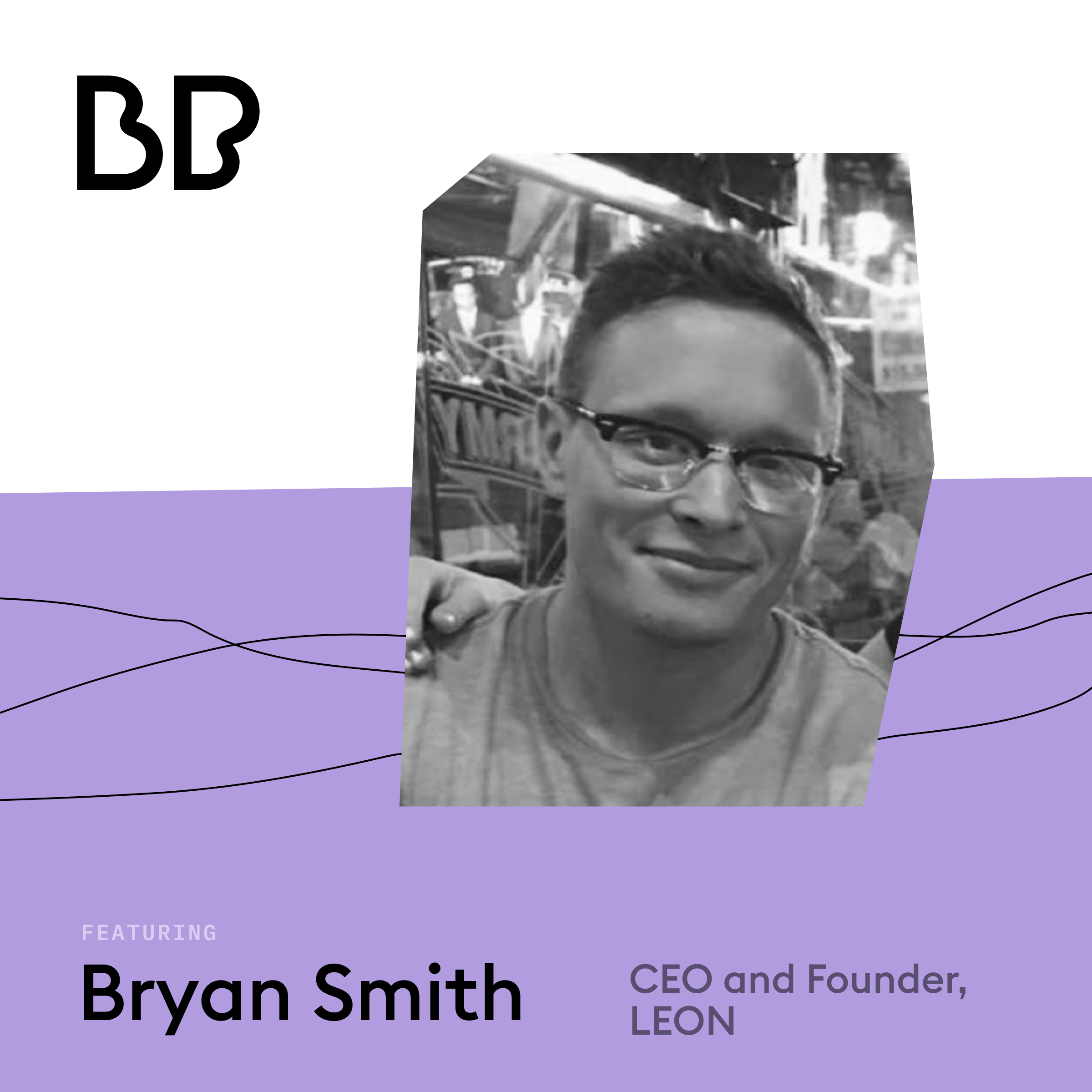How to Define the First Version of Your Digital Product


In this episode of Better Product LAUNCH, Christian and Anna sit down with the Co-founder of LEON, Bryan Smith. Leon is a corporate wellness platform that focuses on creating a world where work empowers a healthier life.
On the surface, LEON is about employee engagement. But unlike other engagement companies, Bryan and his team take a preventative approach to wellness in the workplace. As Bryan shares his story, you’ll hear how they bring a human-oriented perspective to a very data-driven field.